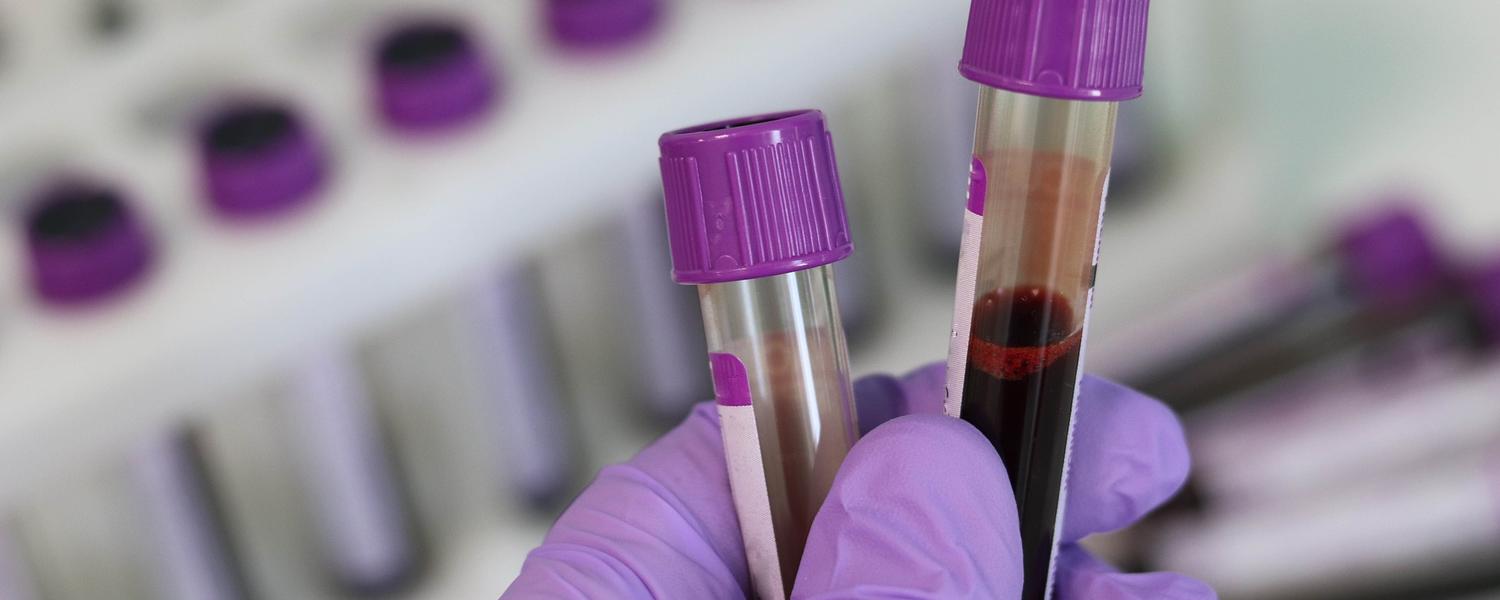
Our Research
Our current research studies
Accurate, timely diagnosis is important to decrease the risk of serious complications in appendicitis in children. The goal of the PRIMED study is to identify unique “bioprofiles”, like fingerprints, in the blood and urine of children with suspected appendicitis. These profiles can be integrated into point-of-care clinical tests to rapidly identify children at risk.
The goal of the SLICED study is to investigate potential relationships between inflammatory protein mediators in blood and changes which are occurring in cells in appendix tissue of children with appendicitis. The SLICED study will help to identify new diagnostic and prognostic biomarkers, as well as guide development of biological targets that could prevent clinical progression of appendicitis.
During daily functioning, different genes in human body are turned on and off (“expressed”). The goal of the GEPPA study is to analyze how child’s body is responding to appendicitis by determining the child's body gene expression. The results of the GEPPA study provide insight into underlying mechanisms of appendicitis, thus leading to future biological targets for intervention and management of appendicitis.
The PARC study is a quality improvement project focused on creation of a regional comprehensive data registry with an overarching goal to improve the outcomes and experiences of children with suspected appendicitis. The data registry follows children from their initial contact with a Calgary hospital until completion of care for the illness episode.




